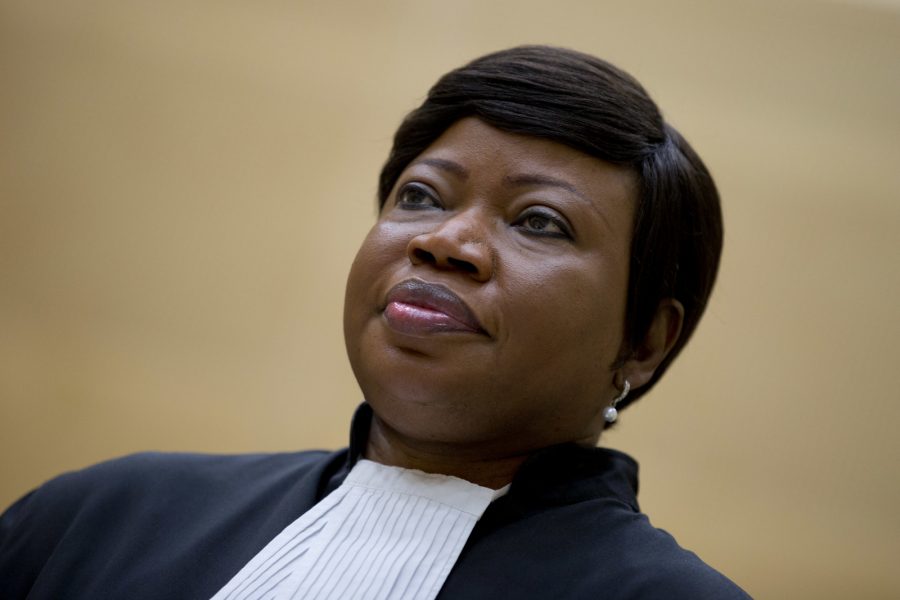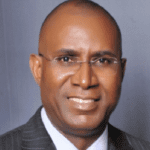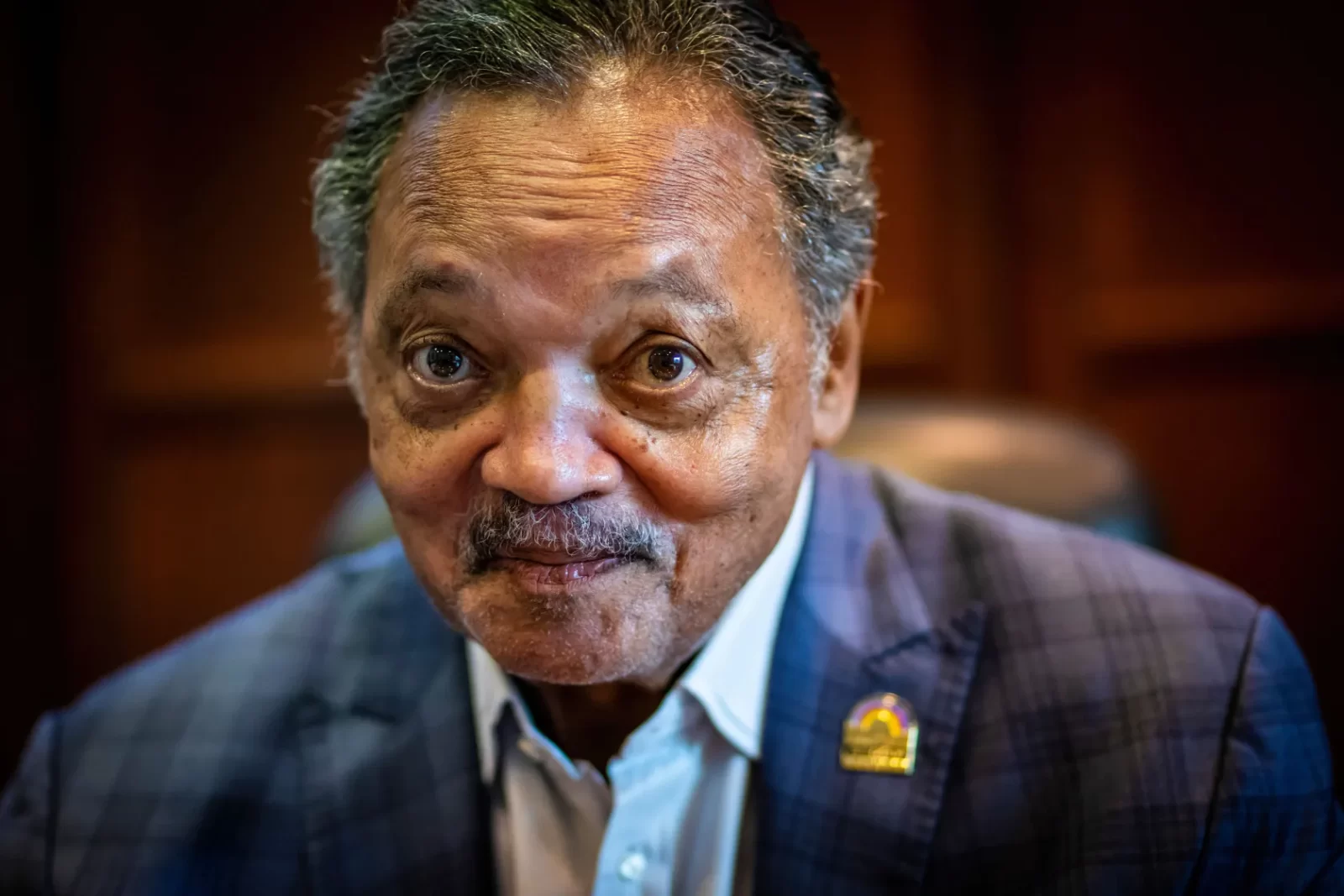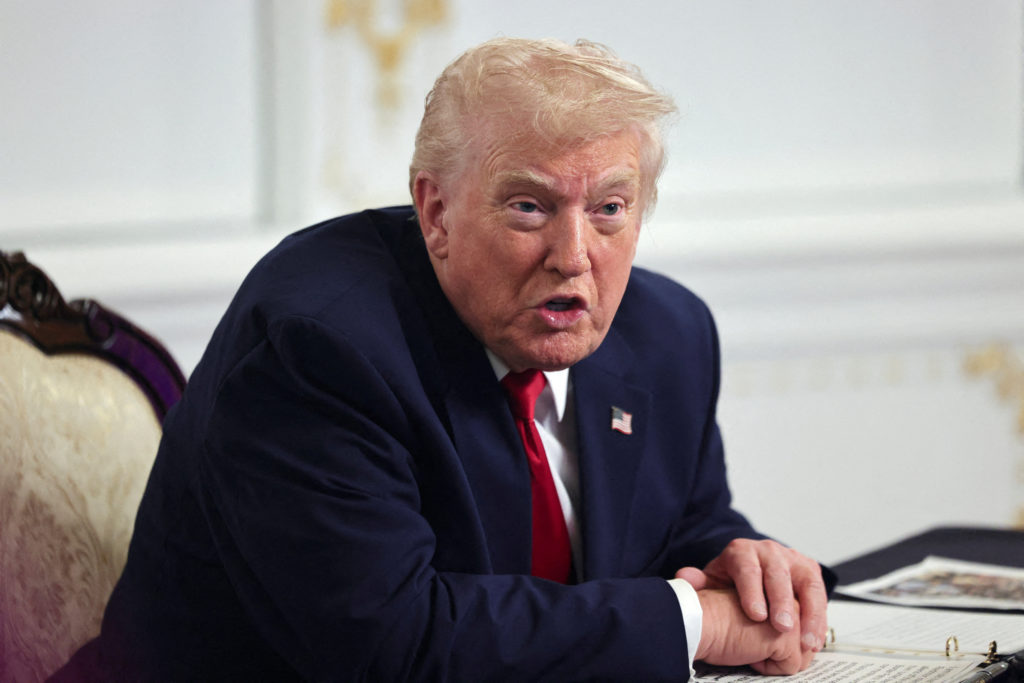The United States has revoked the entry visa of the prosecutor of the International Criminal Court, Fatou Bensouda, who is investigating possible war crimes committed by U.S. forces in Afghanistan.
U.S. Secretary of State Mike Pompeo said last month that Washington would withdraw or deny visas to ICC staff investigating such allegations against U.S. forces or their allies.
Bensouda’s office on April 5 confirmed U.S. authorities revoked her visa but said the ICC prosecutor would continue her duties “without fear or favor.”
The move was criticized by the United Nations and the European Union.
Bensouda’s office said that the revocation of her visa shouldn’t have an impact on her travel to the U.S. for meetings, including regular briefings at the U.N. Security Council. The U.S. has never been a member of the ICC, a court of last resort that prosecutes grave crimes only when other nations are unwilling or unable to bring suspects to justice.
Bensouda is expected to brief the Security Council next month on her investigations in Libya.
“We are determined to protect the American and allied military and civilian personnel from living in fear of unjust prosecution for actions taken to defend our great nation,” Pompeo said.
Bensouda asked last year to open an investigation into allegations of war crimes committed by Afghan national security forces, Taliban and Haqqani network militants, as well as U.S. forces and intelligence officials in Afghanistan since May 2003.
The request says there is information that members of the U.S. military and intelligence agencies “committed acts of torture, cruel treatment, outrages upon personal dignity, rape and sexual violence against conflict-related detainees in Afghanistan and other locations, principally in the 2003-2004 period.”
The United States has never been a member of the Hague-based court, even though the Clinton administration in 2000 signed the Rome Statute that created it. However, he had reservations about the scope of the court’s jurisdiction and never submitted it for ratification to the Senate.
When President George W. Bush took office in 2001, his administration passed the American Service Members Protection Act, which sought to immunize U.S. troops from potential prosecution by the ICC. In 2002, U.S. national security adviser John Bolton, then a State Department official, traveled to New York to ceremonially “unsign” the Rome Statute at the United Nations.
In a speech to the American Society of International Law late last month, ICC President Chile Eboe-Osuji paid tribute to American involvement in previous international courts, from the post-World War II trials of Nazis in Nuremberg to U.N. tribunals for the former Yugoslavia and Rwanda.
He urged Washington to support the ICC “whose values and objectives are entirely consistent with the best instincts of America and her values.”























Leave a comment